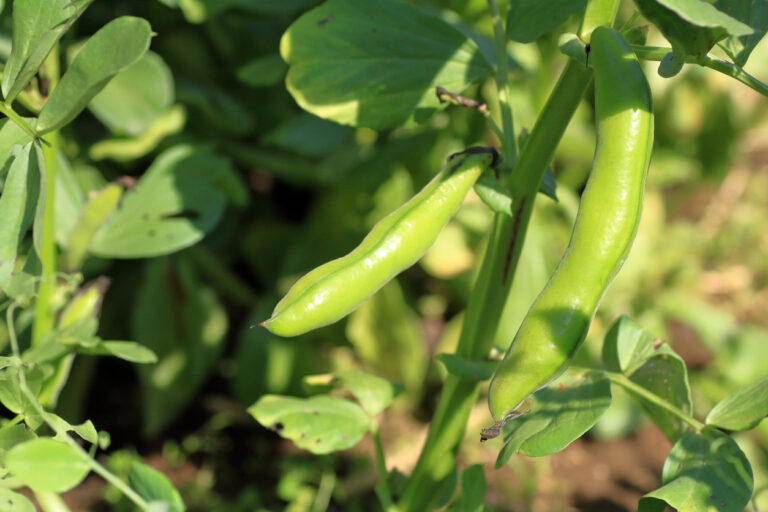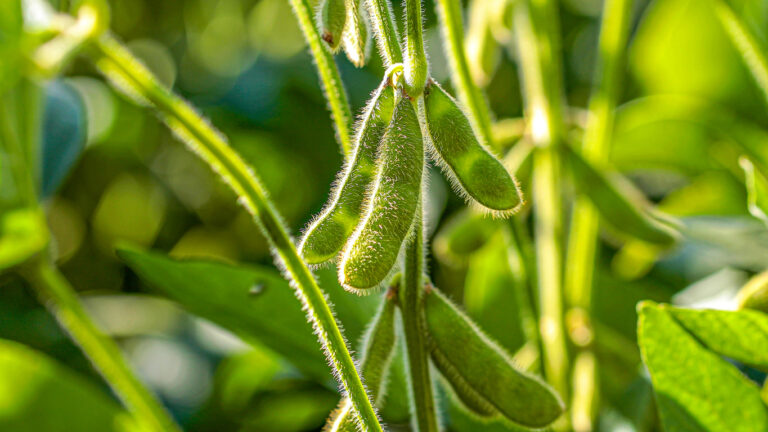
The transition to the production and consumption of less animal and more plant proteins is also referred to as the protein transition. To meet the need for plant protein, the European Union also aims to become less dependent on the import of protein-rich crops, such as soy from South America, and to be more self-sufficient. Locally grown protein crops and protein extraction from by-products contribute to achieving this goal.
